I’ve been wondering why is it a good idea to use a different nomination of money in Australia, in Canada, in the US and in the UK? The main rationale I can see is macroeconomic. The national government can control the economy through devaluing its currency. But from a UX perspective – they are a disaster.
Author: Kristo
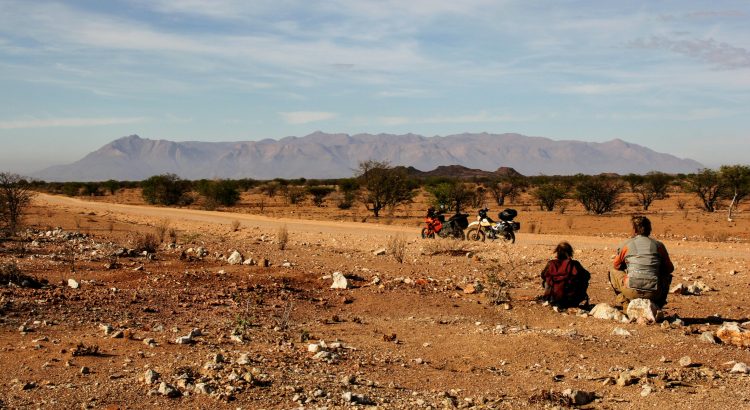
Namibia: the African ranch
On the second attempt we succeed in crossing the Namibian border and have agreed to stop a few km outside the border town. While in Angola it was at times hard to find a bar-shed or a cafe-shed, now the problem was opposite. In every village of 10 sheds, 8 of those sheds were bars with cute names.
The first impression couldn’t have been more wrong. 100 km into the country the bars disappear and are replaced by long straight roads with perfect tarmac, bordered by endless fences. Namibia could be mistaken for an African Bundesland or a German version of Arizona. The Ordnung is everywhere. Having been through the chaos of Nigeria, Congo and the places inbetween, the western-like orderliness of everything in Namibia was unexpected. Read More
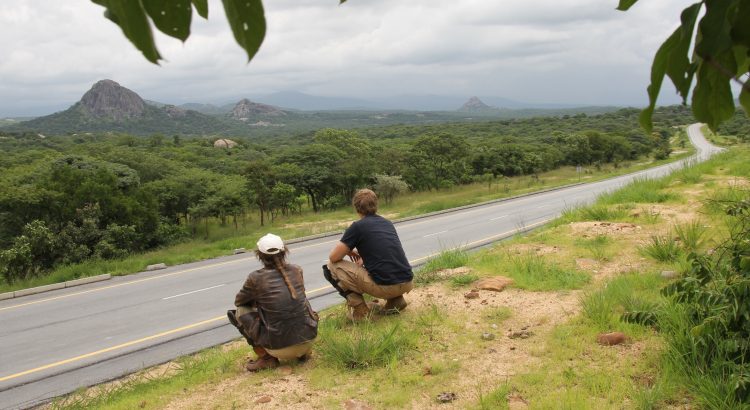
Angola: less dance more work
Once the crazy Lagos-like traffic of Luanda clears, the road going south is good tarmac and 50km out you can hardly see any other cars on the road, just endless straight lines through much less vegetation than the north. The scenery changed quickly, the steaming rainforests of Gabon gave way to patches of savannah in Congo and now the plains of angola remind of southern Spain. Read More
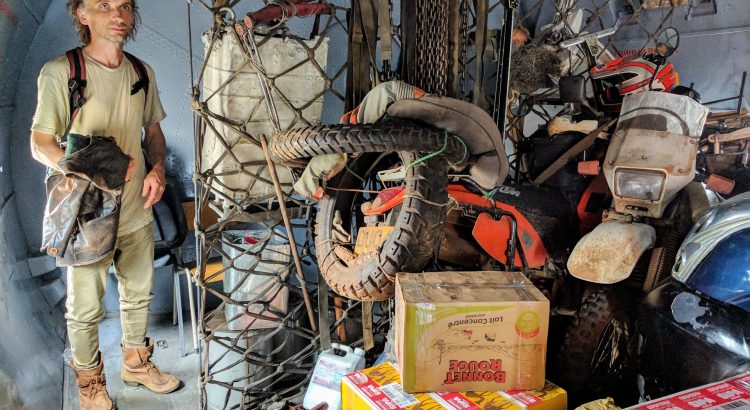
Angola: back in the USSR
The ramp in front of me is steep. Marat from Tatarstan already calls davai, davai. So I go up fast enough to warrant a little jump off the end of the ramp landing into an Antonov 12 military cargo plane. It is a four-prop classic, built some time between ’59 and ’73. It is also our ride out of the Angolan enclave of Cabinda, courtesy of Angolan military and 250 USD. Read More
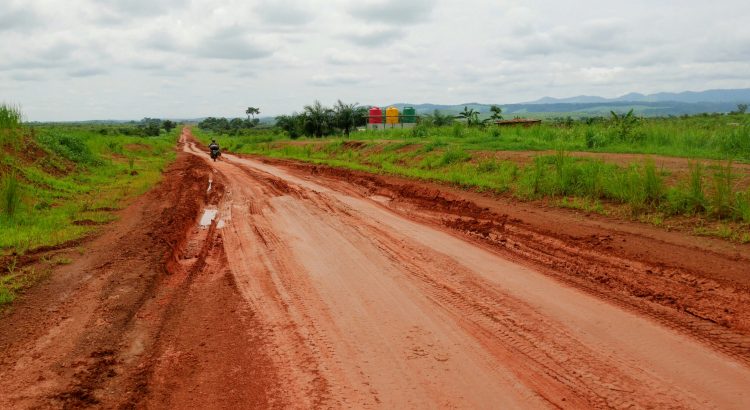
Congo: fixing the Austrian
I open the throttle, but the thump of the 640cc cylinder doesn’t save me. The bike skids into the mud. I pick up the bike, kickstart and try to get going, but the rear wheel spins and Kotilda doesn’t move more than an inch. I try pulling back and it moves an inch, no more. The reason I crashed wasn’t just my incompetence – my front wheel is stuck. Read More
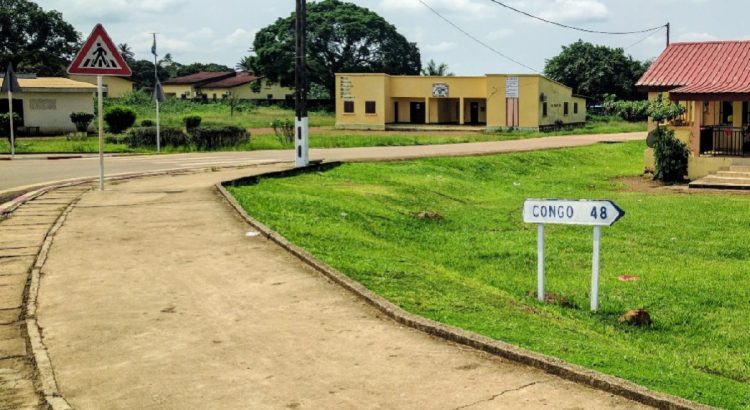
Gabon: arbeit is for others
The time spent in the workshop with Deleure, my favourite South African mechanic, presented an opportunity to learn about life in Gabon. Deleure had moved here for work. Salaries in Gabon are 3 times what they are back home for him. His workshop was surrounded by million dollar superboats, jetskis, quads. I quizzed, who are the rich folks in Gabon? Apparently 90% of GDP is controlled by 20% of the population. He explained it is mostly the Lebanese, who own the mines inland and have some stake in oil production.
Read More
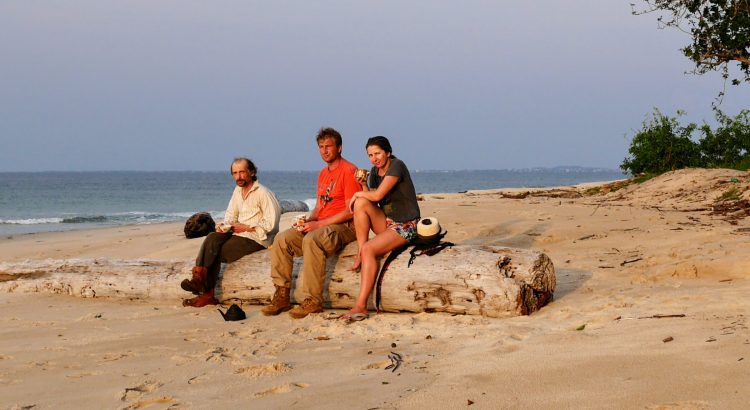
Libreville: aluminium is weak
Eleven months have passed, but Africa didn’t miss us. It is the same hustle and bustle, as if we just woke up another day. The roadwork that last time we thought was just paused for the weekend was still in exactly the same state. The arrival reminded that the brain remembers selectively and romanticises the past. The heat. There was no recollection of the unrelenting humid heat that doesn’t stop in the night. I fail to comprehend how do they bother to wake up in Congo and for years go shooting at each other in this sauna, rather than find a shady mango tree and tough out the heat.
Read More
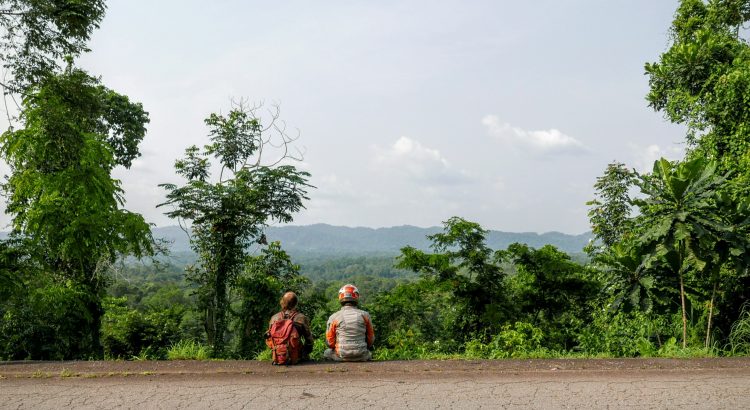
Prologue to stage 3: Gabon-Namibia
Months before our wedding, my then-future parents in law asked us where would we like to go on a honeymoon. I didn’t have to think for a blink – the answer was DR Congo. Well we had to go to Hawaii instead, t’was okay.
Now starting stage 3 of our African expedition. On Thursday we shall be reunited with our bikes that have spent 11 months in a makeshift shed we built on a parking lot in Libreville, Gabon. We’ll be heading to the Congo river basin in the footsteps of the apocalypse, on to the plains of Angola and hopefully hitting the deserts of Namibia in January. Read More
